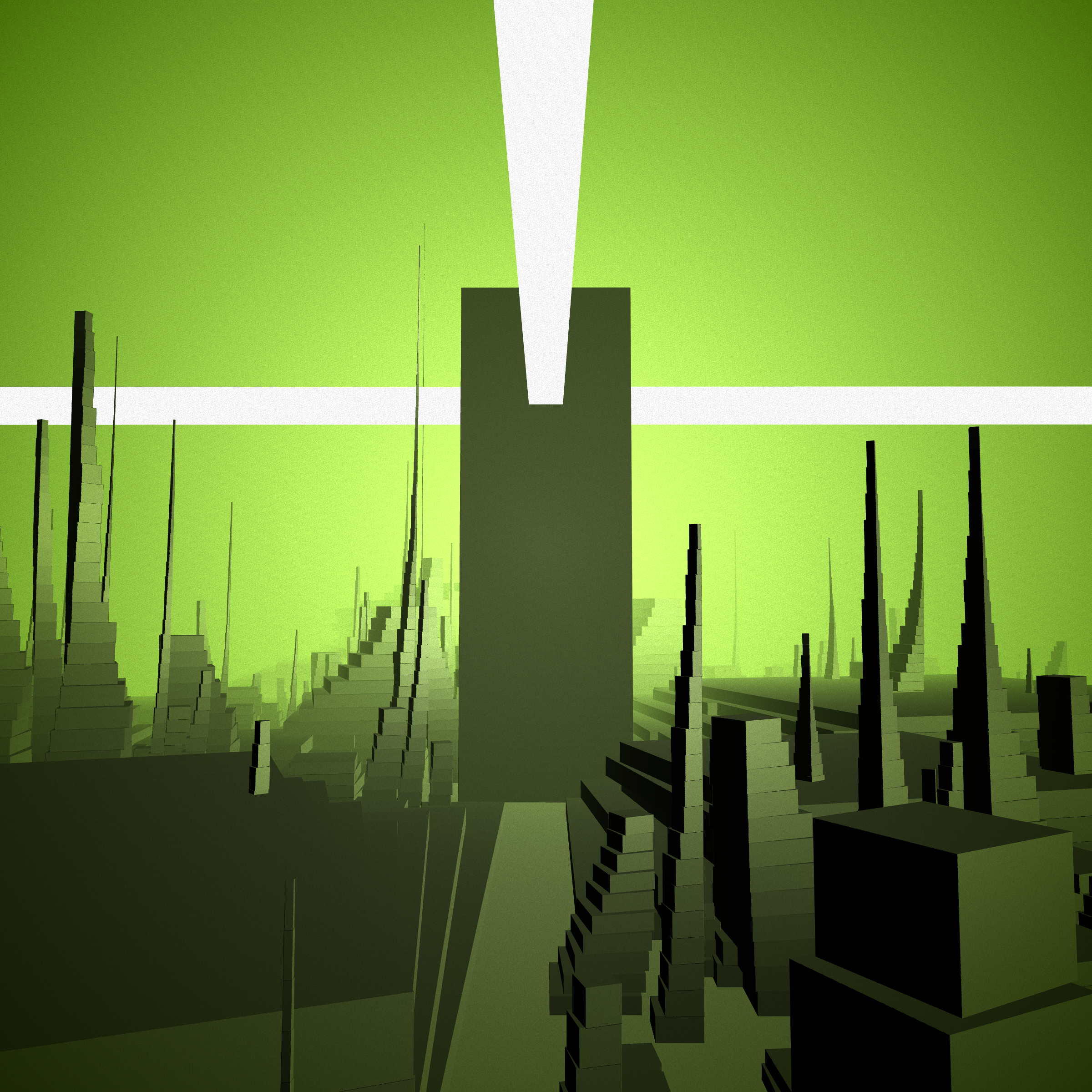Humans throughout history have created great technologies only to lose them for reasons lost to history. One example of this is that civilizations have learned to read and write, only to lose the ability before gaining it once again centuries later. The world is so connected now that a similar fate seems unimaginable.
Software is interesting in that it by its very nature provides coded instructions to build whatever it is. The problem is that the code is usually an abstraction built on layers and layers of additional abstractions.
And then there is the hardware. Underneath the lowest level of instruction sets in software we have hardware. And it follows a similar pattern of abstraction layers.
How do we reliably preserve this knowledge so it can be built again? Or is this even necessary?
Maybe losing knowledge is a good thing. Maybe it’s just a sign that we as a civilization were not ready to wield that certain technology at that specific point in time. And if it was truly useful, we’d collectively learn it again, as we have our ability to read and write.
On an individual level it’s similar to when an idea comes to us and we quickly forget it. If it’s a good idea, it’ll come back, and keep doing so until we make it a reality.
ArtBlocks pieces are different than most NFTs on the Ethereum blockchain in that the code to generate the artwork is baked directly into each token. But this is still only part of the story, for the libraries the code utilizes are saved elsewhere. This is an archival concern, to be sure.
And what if we dig deeper? The NFTs have no knowledge of the JavaScript interpreters, or instructions to build the hardware required for them to run, or instructions to build the fabrication tools to build the hardware, and so on and so on.
So it’s fascinating to think about the layers of a city … how simple an abstraction of the city can be represented on paper, but just how complex all of the interactions within the city are in reality that make it what is.
It’s turtles all the way down, of course.
I like turtles, too.
